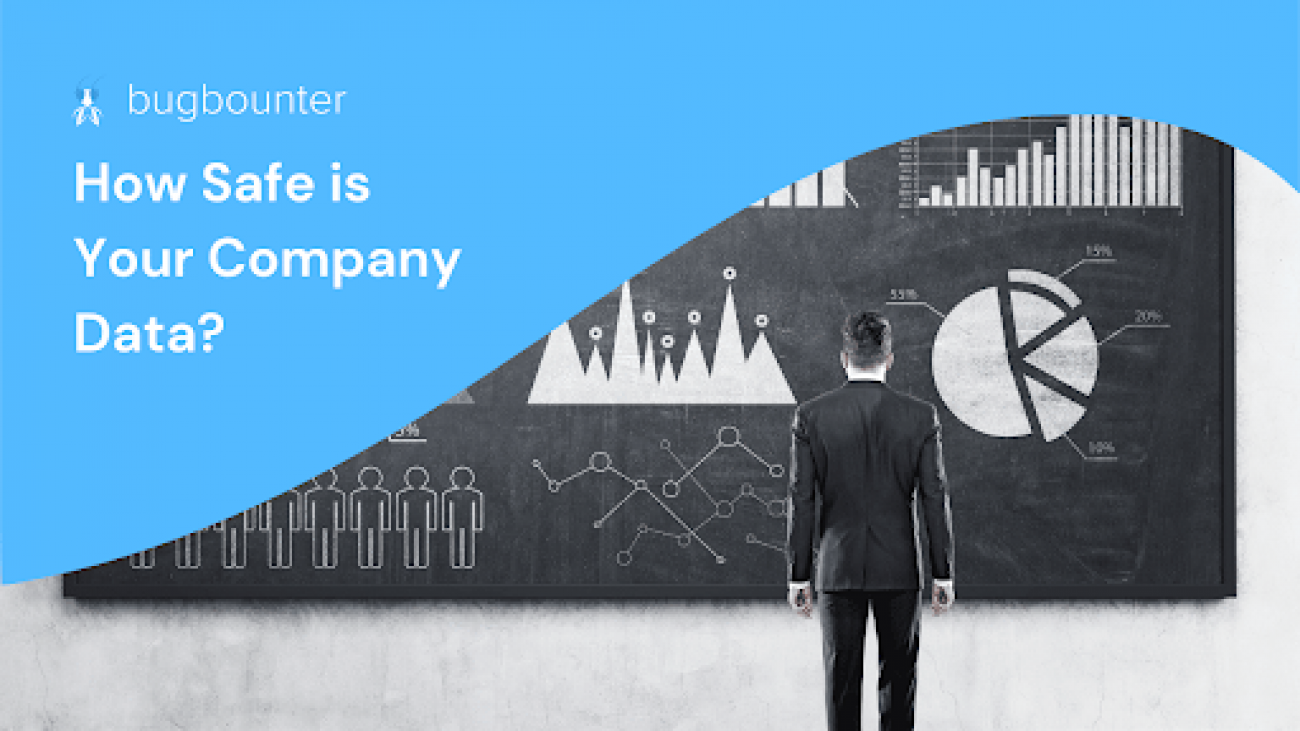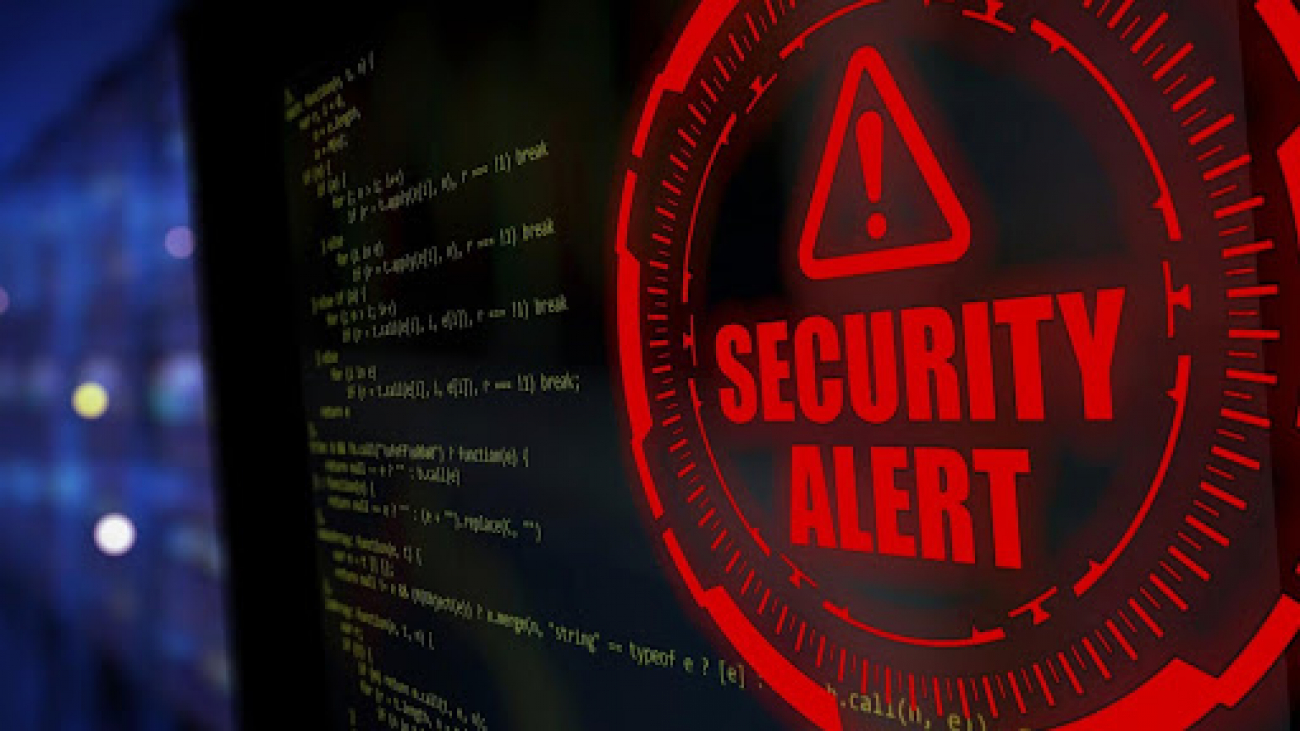Today, cyber threats can attack/may affect many institutions or companies in seconds, regardless of how big the target or the amount of company data is. With the increase of the cyber threats without a specific target, we can see severe financial risks for small companies and consequences that will damage companies, such as loss of reputation, high-value customers, cash and/or time.
Maintaining and managing customer information is critical for all businesses. It is a complex process to comply with existing laws, using the corporate network efficiently, ensuring that the operation is not disrupted, and protecting the corporate network against all kinds of cyber threats. At this point, company data protection is at the forefront. When analyzed, it is seen that cyber threats increased their attacks against small businesses and it costs significant financial burdens.
What is Data Security?
Data Security can be defined as the data protection against unauthorized access. The most critical focus in data security is to ensure its confidentiality and integrity while protecting personal or corporate data. Our data resides on servers, databases, our network, personal computers, and most importantly, in the minds of corporate employees.
We must protect its confidentiality, integrity, and availability wherever the data is. We can store our data in any written, audio, video, or drawing format, and they must be available when authorized persons request this data. As data, hence company data, becomes digitized, it has become the focus of cyber threats. The essential point of this focus is that the data has value, and a profit can be obtained in return.
Data is one of the essential assets for institutions to continue their activities, and generate income. Cyber attackers mostly focus on accessing these data with the aim of easily making money in an illegal way. Therefore, the main target of these cyber-attacks is mostly on the institutions that neglect cyber protection instead of the ones conducting strong cyber security operations.
Accessing personal datawithout permission causes numerous problems for large companies, small and medium businesses, or individual home users. The most common cyber threats are stealing your bank account information, stealing customer information in the database, and demanding ransom by encrypting data.
Main Elements in Data Security;
Data security is based on three main elements. These three main elements are listed as company data confidentiality, company data integrity, and company data availability.
- Confidentiality: To protect sensitive company data from unauthorized persons or unauthorized access.
- Integrity: To prevent deliberate or accidental alteration of information and company data.
- Availability: It is accessible by authorized users when necessary.
Nowadays, our digital company data has become one of the most important sources of income for SMEs or companies. Malicious cyber threats that get a chance to access any computer connected to the Internet can steal and damage any company data, from the main servers of the institution to their company financial data or demand a ransom in return. Any institution that does not take precautions can encounter these threats at any time, regardless of whether it is small or big. This situation puts companies in the SME class into difficulties and has serious consequences. In the end, they face significant financial losses. Today, the GDPR related fines imposed by the authorities after a data breach can be quite severe.

What Can Be Done to Secure Company Data?
Cybercrime has now become the nightmare of our digital life. Even though large companies try to protect themselves by making serious investments against cyber threats, we see that SMEs, unfortunately, cannot make enough investments in financial matters, and they do not have enough workforce in terms of cyber security teams. Therefore, they may fall short of protecting their assets and the information that makes these assets valuable.
It has become impossible to prevent cybercrime. You can take healthier steps by strengthening your system, protecting it, and managing it well. Educating your employees about company cyber security and raising cyber security awareness across your company could be the first step of securing your company’s data.
For the next step, contact us regarding the company data security and have further information about this matter, you can click this link and fill out our form, and we will get back to you on short notice.















